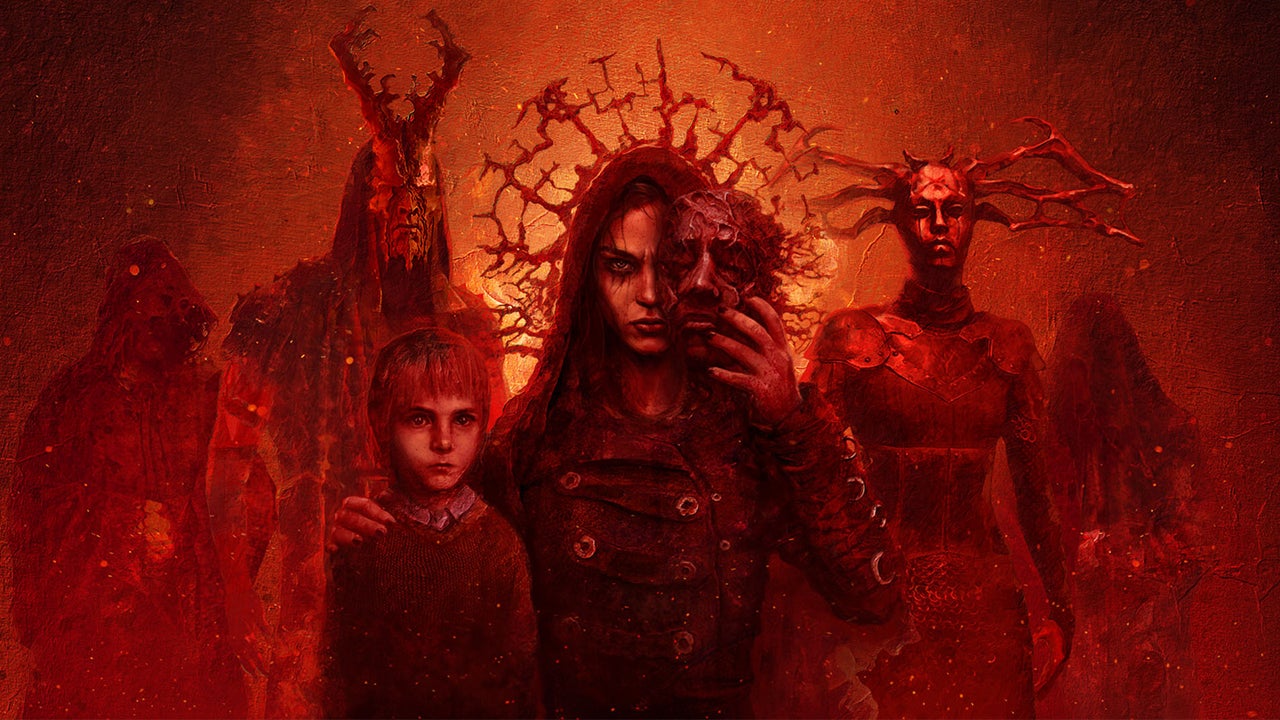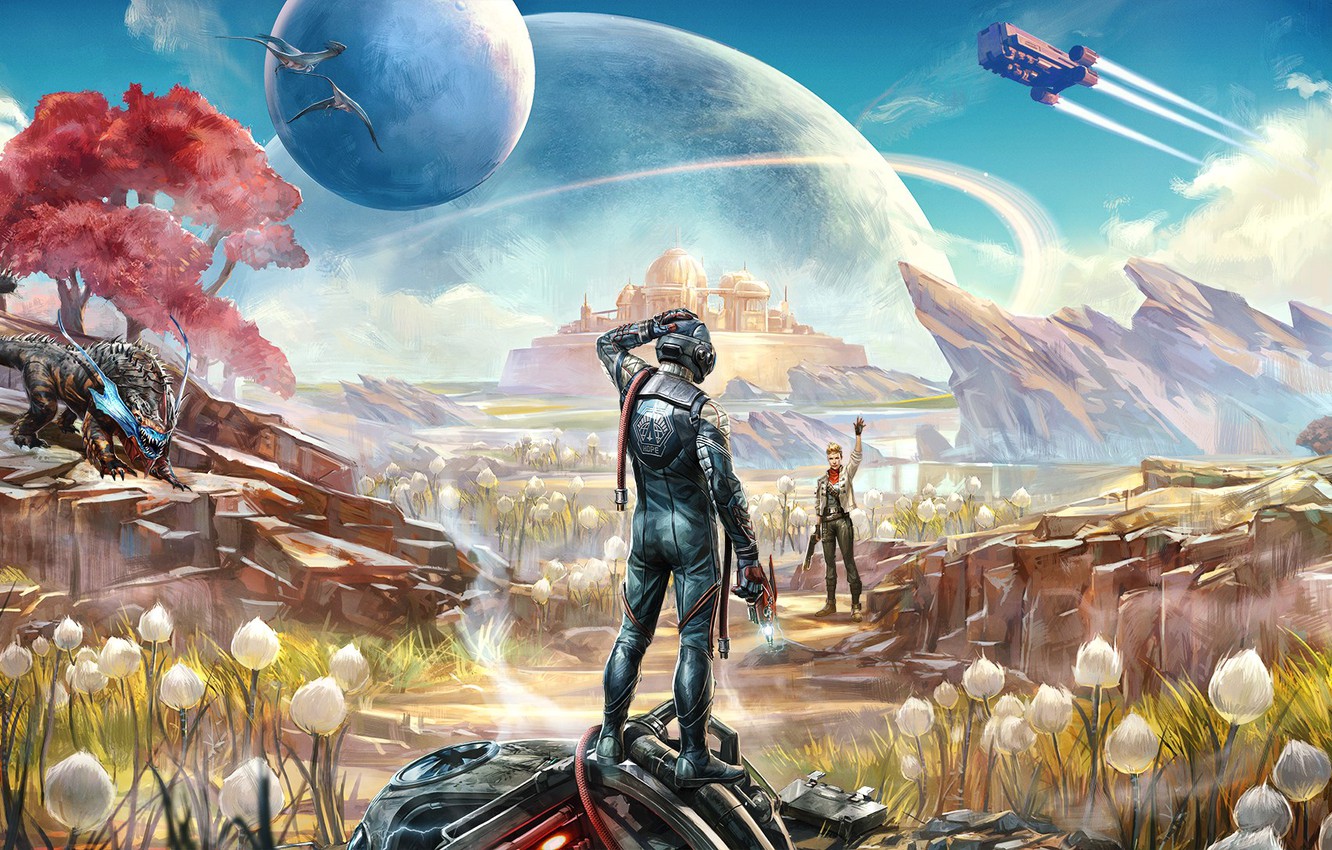The system operates by converting us into unreal versions of ourselves. This is easy enough to say, but at the same time extraordinarily difficult to understand. People as we know can understand all sorts of complicated things, but you will hardly ever find someone who can understand this! Quite possibly, you will never come across anyone who can understand this simple assertion, no matter how many clever people you meet. This is a funny thing in itself because what is the point in understanding lots of complicated things if you can’t understand that the system which facilitates your cleverness has converted you into an unreal version of yourself? This does rather tend to make a joke of our so-called ‘knowing’. As DH Lawrence says,
All that we know is nothing, we are merely crammed wastepaper baskets, unless we are in touch with that which laughs at all our knowing.
Only the unique is real. Only the unique is real and the way that the system works is (necessarily) by converting everything into the generic. How else could we expect it to work? How else could we expect anything that is based on rules to work? The system places no value on the unique. It’s not just that the system places no value on the unique, it rubbishes it. For the system, the unique equals ‘error’. For the system, the unique equals apeiron. The unique is less than the dirt on our shoes – it is utterly unworthy of our attention and if we come across it our only interest is in getting rid of it as quickly and effectively as possible…
The system can only process us if we are regularized – it can’t do anything with us otherwise. It can’t recognize us. It can’t even start to know how to relate to us. It’s like making an appointment with a tax-accountant and then presenting him with an issue that has nothing either to do with either tax or accountancy – the system only has an interest in that area or domain of things that can be referenced to itself, to anything else it is deader than dead. To say that the system simply has no ‘interest’ in any other domain is understating the matter!
The system is not alive to anything else – it is only alive to that domain of things that can be referenced to itself. But we can’t really use the word ‘alive’ here because the domain of things that can be referenced to the system is the system. That’s what the system is – it is that set of defined possibilities that can be referenced to that set of rules which make up the system. The system is ‘self-referential’, in other words – it exists only by reference to itself. It determines whether something is significant or not, real or not, valuable or not, by making an automatic comparison to the yardstick which is itself, and yet it has no capability to (or the remotest interest in!) ever wondering whether the yardstick that is always being used is itself in any way real.
Saying that the system is self-referential is another way of saying that it never reaches out beyond itself and saying that the system never reaches out beyond itself is another way of saying that it is not alive! That is what life is – life (we might say) is a continuous reaching out beyond itself. It is a continuous ‘going beyond that which might be expected of it’; when there is no ‘going beyond the expected’ then there is no life. There is in this case only the dead mechanical acting-out of foregone conclusions…
We could equally well express this point by talking in terms of ‘reality’ instead of ‘life’ and saying that reality is that which always goes beyond our expectations of it, our ideas about it. This tends to sound – from our usual philosophically positive viewpoint – like a rather unsatisfactory definition of reality but this is of course the point – reality is always beyond our definitions of it because it is a movement and our definitions are necessarily static. Or as we could also say, reality is alive and our definitions are always dead mechanical things. We try to understand reality by killing it and putting it in a specimen jar, in other words – only then do with think that we know ‘what’s what’. Only then do we think that we have ‘got it’.
There’s no way of understanding reality – there’s no way of understanding reality since ‘understanding’ means aggressively pulling everything back into our static Frame Of Reference the whole time and the very nature of reality (as we have just said) is that it is forever running away from us. It is simply not possible to understand reality so if we want to understand stuff (as we do!) then we have to content ourselves with ‘understanding’ illusions instead and fooling ourselves in the process into thinking that the illusions in question aren’t illusions at all. Or to put this another way, we’re desperate to have something to hang onto but because in reality there is nothing to hang onto (since nothing is static) we have to restrict ourselves to living in a flat ‘pseudo-reality’ which we can grab hold of, which we can tightly hold onto…
We are driven by our ontological insecurity to cling and since the only thing we can cling to are illusions (and since there is no satisfaction or security in clinging to illusions) we have to downgrade our awareness to the point where illusions seem real and the security or satisfaction we get out of them also seems real. Then – in a very superficial way – everything is fine. But it isn’t really fine because we’ve had to become illusions ourselves since this is the only way we can avail of illusory security, illusory satisfaction. We are now ‘illusions clinging to illusions’ and this can hardly be described as a ‘satisfactory’ situation! And what’s more, the illusions that we as illusions are clinging to so tightly, so determinedly, so resolutely, are only projections of our own illusory minds anyway, which makes the whole business entirely ridiculous. We are forever chasing our own illusory tails, in ever-decreasing circles!
Nature is mercurial and we do not like the mercurial. Or rather, it is not us who do not like the mercurial but the system of thought which we are aligned with, the system of thought which we are unwittingly pledged to, that doesn’t like the mercurial. The system of thought is fundamentally prejudiced against the mercurial because it can’t process quick-silver, because it can’t process anything that keeps on slipping away from its grasp. And as we have already indicated, this ‘prejudice’ goes beyond mere ignoring; the very possibility of the mercurial is denied – we don’t have any way of even starting to conceive of this possibility. The system has to deny the possibility of the mercurial world because if it didn’t then this possibility (the possibility of genuine openness) would falsify the very principles on which the edifice of rational thought stands. Thought is based on rules and for a rule to be a rule it must hold good at all times, under all circumstances. In order for a rule to be a rule there can be no exceptions…
Rational thought relies on the principle that ‘the rules hold good no matter what’ (or that ‘our mental categories remain valid no matter what’, which is the same thing). Rules (or categories) really do exist as far as the thinking mind is concerned – they aren’t just an aid, they aren’t just a convention. This is another way of saying that as far as thought is concerned the universe which we live in is entirely inhabited by static fixtures, that as far as thought is concerned there is nothing that is not a static fixture. The very possibility of there being something that is not a static fixture cannot exist. We cannot think it – we can’t think it because there is no rule for it and we can only think what the rules allow us to think. We can’t think about something that is not a static fixture because there is no rule for something that is not a static fixture.
We live in the world that is created by the system of thought and for us this world is ‘normal’ – it’s more than normal, it’s the only way for things to be. This is the only world we can conceive of (obviously enough). The world that is not based on rules for ‘how things have to be’ is fundamentally incomprehensible to us – nothing could be more incomprehensible. And yet the peculiar thing about this is that the world which is made up of rules (the world of which we can say ‘this is this and that is that’ is itself not in the least bit real. There is no reality to it at all and the extent to which we take it seriously is the extent to which we ourselves are unreal. Only the unreal can take the unreal seriously; only the unreal can get excited by the unreal. To (loosely) paraphrase Heraclitus – ‘fools love to get excited about nothing’.
This is why we can say that the system operates by converting us into unreal versions of ourselves. Naturally enough we do not take kindly to this summation of our situation – it is not exactly what one may call flattering. The fact that we do not find this summary of our situation convivial is however completely beside the point – we only like illusions, after all, and anything that is not an illusion upsets us. We are mere ‘walking shadows’ as Shakespeare says and we are implacably averse to anything that is not part of the shadow-world which is the world of our own projections. We are fictional characters taking part in a hollow drama and we not exactly well-disposed to hearing this truth. This ‘aversion to the truth’ is a given – it is after all our intense aversion to hearing the truth that keeps us in thrall to a world of illusions…






